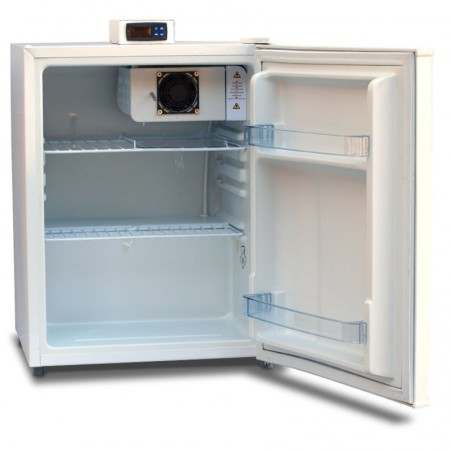The present study compares the sperm quality of boar seminal doses artificially inoculated with Escherichia coli and Clostridium perfringens, and maintained in liquid storage at 15 °C for a 9-day period. Seminal doses from 10 sexually mature Piétrain boars were diluted in a Beltsville Thawing Solution (BTS)-based extender and infected either with E. coli or C. perfringens, with bacterial loads ranging from 101 to 107 cfu ml−1. During storage, the changes in sperm quality were determined by assessing pH, sperm viability, sperm motiliy, sperm morphology, sperm agglutination degree, and sperm-bacteria interaction.
The infection of seminal doses led to an alkalinization of the medium, which was of higher extend in doses infected with C. perfringens. The effect of contamination on sperm viability and motility relied on bacterial type and load. Therefore, while E. coli was more harmful than C. perfringens in bacterial loads ranging from 101 to 106 cfu ml−1, the detrimental impact of C. perfringens was more apparent than that of E. coli at a bacterial load of 107 cfu ml−1. Despite sperm morphology not being affected by either bacterial type or load, sperm agglutination and sperm-bacteria interaction were characteristic of doses infected with E. coli, and increased concomintantly with bacterial load and along storage period.

In conclusion, the effects of infection by E. coli on sperm quality were dependent of both bacterial load and storage period, whereas the effects of C. perfringens were mainly dependent on the bacterial load, with a threshold at 107 cfu ml−1 from which the sperm quality of seminal doses was greatly impaired.
Elisabeth Pinart, Esther Domènech, Eva Bussalleu, Marc Yeste, Sergi Bonet. A comparative study of the effects of Escherichia coli and Clostridium perfringens upon boar semen preserved in liquid storage. Animal Reproduction Science. Volume 177, February 2017, Pages 65-78. Animal Reproduction Science. Volume 177, February 2017, Pages 65-78. https://doi.org/10.1016/j.anireprosci.2016.12.007





